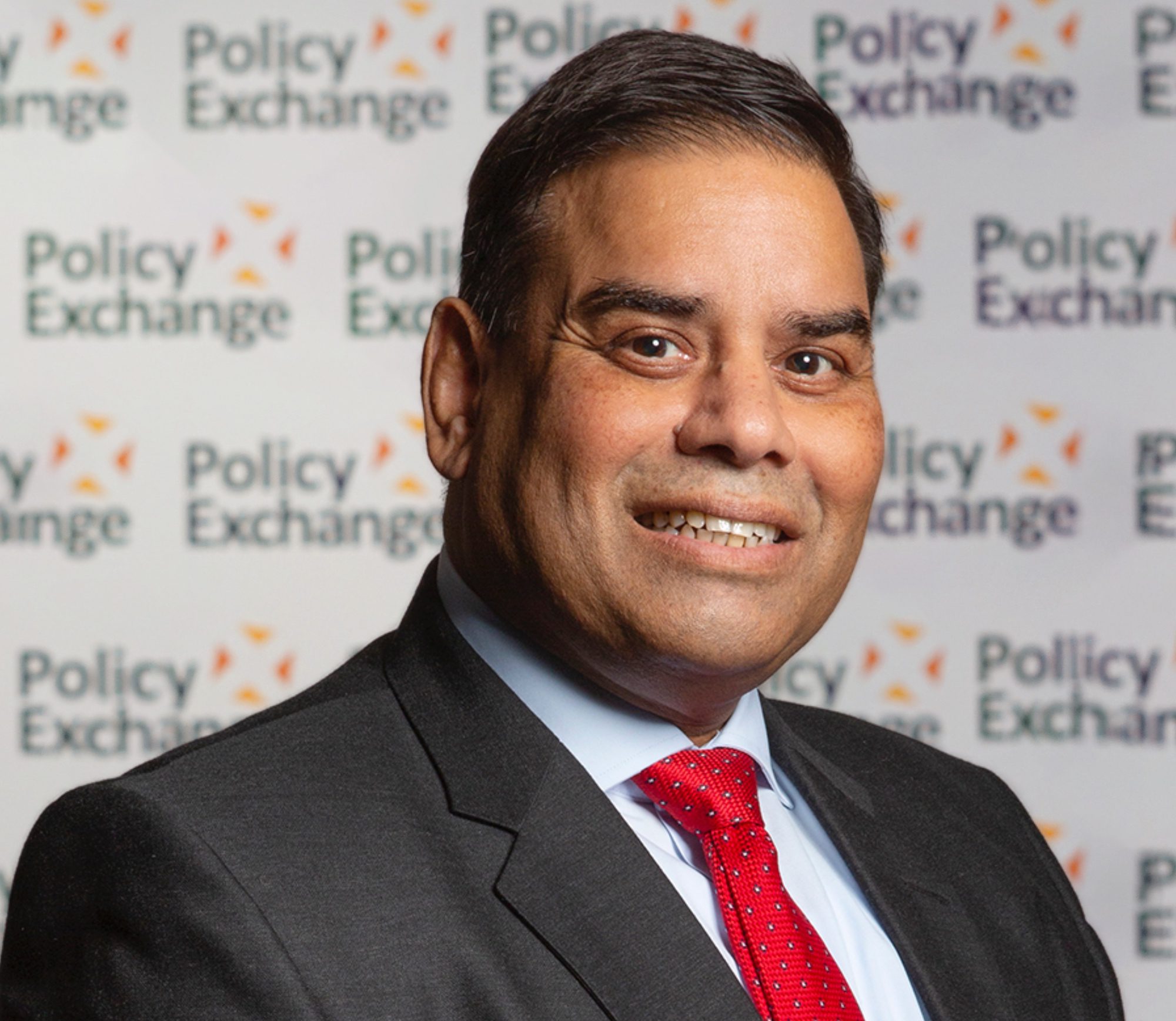
Khalid Mahmood
Senior Fellow
The first aim of the Afghanistan war was to rid the world of the regime that had harboured al-Qaeda in the lead-up to the September 11th attacks. But there was a sense that, with a coalition of people inside and outside the country, we could achieve great things besides that vital task.
The Taliban’s chokehold on the Afghan people had been ended. Women would be able to work and leave their homes without a male chaperone; girls would be educated at school and prepared for independent and prosperous lives. A country that in some ways was stuck in the Middle Ages – with the kind of subsistence agriculture that was phased out centuries earlier in the West – would now be modernised and brought into the 21st century.
Nobody – especially the families and friends of those, including 457 British servicemen, who gave their lives to this noble cause – should make the mistake of thinking it was all in vain, just because the Taliban have taken back power. Of course, this was not the outcome that anyone wanted. To see it crumble away is painful. But the gift of two decades of relative freedom, albeit troubled and often violent, is not nothing.
My concerns now, about the future, are threefold. First, I think there is a huge amount of naivety about what the Taliban takeover means. There is no “Taleban 2.0” of moderates, however eloquently their spokesmen hold forth on CNN. The women of Afghanistan know this better than anyone, which is why – in places such as Kabul – they have already started dressing far more conservatively.
Gangs of Taliban fighters patrolling the streets are implicitly enforcing that conservative dress code. But what will follow will be more extreme and comprehensive: the Taliban’s interpretation of Sharia and Islamic jurisprudence. Since 2004 and the adoption of Afghanistan’s new constitution, there has been – despite a lot of corruption – genuine attempts to establish the rule of law with an independent Afghan judiciary.
That will all be gone now, to be replaced by Sharia-style courts that will order the stoning of adulterers, and the amputation of limbs from thieves. We are leaving behind a world where Afghan women could aspire to be Supreme Court Justices, and entering one in which the courts will punish those who refuse to wear the Hijab.
It will be extremely difficult to establish any sense of fairness or justice in these courts – the Taliban are not going to keep a record of precedent. The law, if you can call it that, will be administered ad hoc. And the who matters as much as the how. Who will be chosen to administer these courts? What are their qualifications?
What concerns me deeply is that there is a minority of Muslims across the whole of Britain who will take inspiration from this distorted version of Islam, pointing to Taliban-controlled Afghanistan as a true representation of how to live conservatively. We are likely to see self-appointed gatekeepers putting pressure on British schools and other institutions – perhaps more Trojan-horse style takeovers, or people explaining how Sharia rules about marriage and inheritance can be absorbed into English Common Law.
After all, despite the atrocities carried out by so-called Islamic State, we saw how hundreds of young men and women born and raised in the UK flocked to join them. The UK authorities should keep a close watch on anyone encouraging support for the Taliban, including these self-appointed gatekeepers in the Muslim community, who may try to lend credence to the idea that the new regime will be different from the last.
My second big fear is about the geopolitics of the Afghanistan withdrawal. It was no surprise to read that Mullah Baradar Akhund, a top Taliban official, had led a nine-member group to visit Tianjin, in China, where they met with China’s foreign minister, Wang Yi, at the end of last month. According to the Taliban the meetings looked at political, economic and security issues. China and Russia stand to benefit from the West’s withdrawal and will be eyeing up the country’s mineral wealth, once estimated to be worth $1 trillion. Afghanistan’s lithium reserve is thought to be the largest in the world. China and Russia would like nothing more than to gain access to this and the country’s iron, copper, gold and strategically important rare-earth deposits. Afghanistan could become a useful economic platform in the region – one that is now denied to us.
A final concern for me is wider regional security. More than 20 years ago, the Taliban allowed Afghanistan to become a haven for al-Qaeda, the most dangerous terrorist group in the world at the time, and its leader Osama bin Laden. Already some in western policy circles are asserting that Islamic State-linked groups will see the Taliban as a rival regional power. But who is to say that will last in the long-term? And what else might we see? Could Iran, for instance, use Afghanistan as a base for training their own brand of jihadis? The September 11th attacks taught us the murderous consequences of allowing these forces to build unchecked over years. And the two decades since have confirmed that the world of Islamist extremism shifts and mutates constantly. The Taliban takeover of Afghanistan is not the end of the story for the West in the battle against extremism. It is merely the beginning of a new and darker chapter for the country and its impact on the world.


